With grocery inflation beginning to slow and winter storms hitting the UK, spend on groceries during the four weeks ending March 24 rose by 3.3% compared to a year ago, according to new data from Nielsen.
Beers, wines and spirits and frozen foods benefited from the bad weather with year-on-year sales rising 7% and 5% respectively, but fresh produce sales fell by 2%.
Recent storms also meant the number of visits to grocery stores fell during the same period. However, the amount of items shoppers bought rose slightly by 0.4% year-on-year – the second highest rise since 2016 (excluding seasonality-affected periods).
Nielsen’s UK head of retailer insight Mike Watkins said: “The winter weather in late February and early March certainly disrupted shopping patterns but not enough to knock food retail out of its stride because its underlying health remains strong.
“This is built on the big four supermarkets having adapted well to changing market conditions and consumer behaviour, and the sector has effectively seen 13 straight months of growth above 2%. This is in stark contrast to non-food retail who are still adapting to their changing marketplace.”
Watkins points out that grocery sales in the week of the storms fell by 1% but bounced back by 12% in the week ending March 10 - helped by seasonal events such as Mother’s Day.
During the 12 weeks ending March 24, Tesco had the most improved year-on-year performance out of the big four supermarkets, with sales up 3.1%, closely followed by Asda with 2.9% growth.
Watkins added: “The recent Nielsen Consumer Confidence survey showed that 48% of shoppers are looking to save money, so some may be cutting out ‘unnecessary’ trips as part of carefully managing household finances.
“Furthermore, with a cold, wet and early Easter unlikely to have helped underlying sales as much as hoped in the last few days, all retailers will now be keeping an eye on the start of a late spring and the May Bank Holiday to kick-start spend. However, the good news is that supermarket food inflation is now slowing which might help shoppers spend more on impulse categories.”
















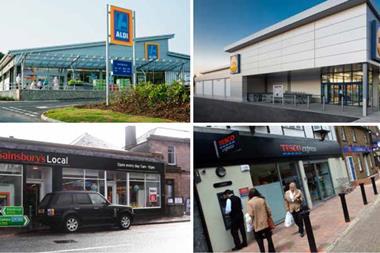
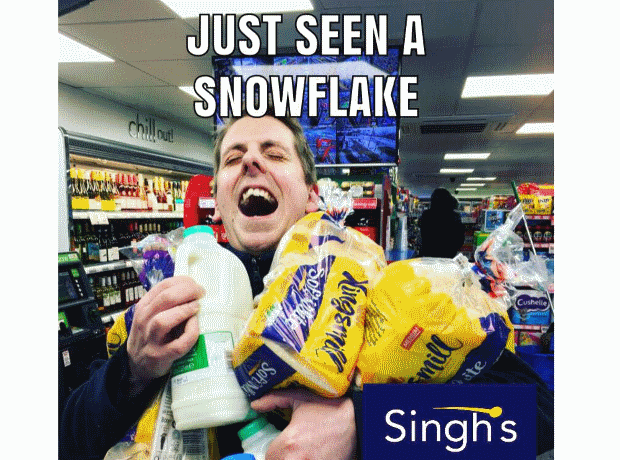



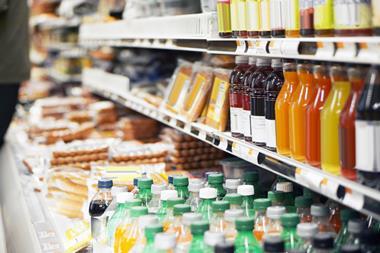
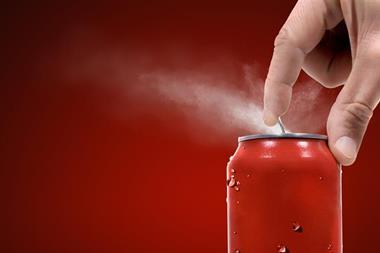
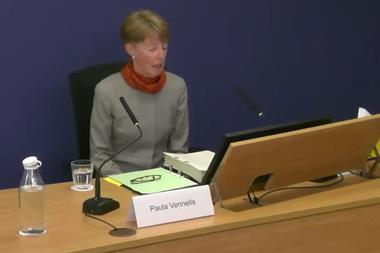
No comments yet